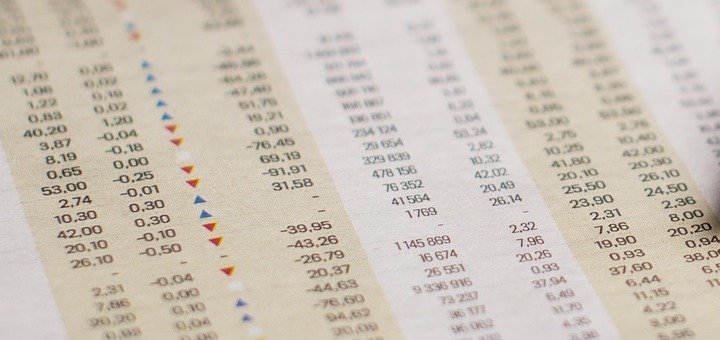
A number of LGPS funds are set to implement downside protection strategies in the expectation of a predicted 10-year low return environment, according to a sector expert.
This week, BlackRock chairman and CEO Larry Fink said that investors with a balanced portfolio of stocks and bonds should expect a decade of investment returns of just 4% a year on average.
In the wake of last week’s news that the value of LGPS funds in England rose by 21% last year, LGPS strategies could be reconfigured to ensure that growth is not lost, according to John Harrison, independent investment adviser to the Surrey Pension Fund.
Harrison told Room151: “The returns of 20% came in the first year of the triennial review cycle. This means that the LGPS is sitting pretty in terms of this current cycle.
“If you are assuming returns will be a lot lower in the next few years, it wouldn’t be a surprise if you were looking to a protection strategy.
“I think we will see several LGPS funds implementing downside protection on their equity portfolios going forward to ensure they lose as little of last year’s gains as possible.”
Fink, speaking to CNBC, said that investors should expect much lower returns for a sustained period. He said: “We’re talking about a balanced portfolio. We’re talking about over a 10-year horizon.
“Obviously, this year we are making far better because of the equity market return.”
But he added: “There are going to be some times where you’re going to have a market setback where you could lose 20, 30, to 40% of the market.”
Harrison said: “He is not a million miles away from the consensus estimates. We are in a low return world now.”
However, he said that some funds relying on returns above 4% to meet their liabilities will need to adopt more inventive strategies.
“In order to get to a healthy funding level, you will either need to stick contribution rates up or find some active managers. Using passive managers in this situation is not going help you.”
John Kelly, client investment director at CCLA, called Fink’s prediction “a truism”, pointing out that a downturn is always likely after an extended bull run.
He said: “It is likely that, after an extended period of rising markets, future progress will be at a slower pace, but we still expect reasonable gains; at rates well above those available on cash deposits and above the rate of inflation.
“What is key is getting the asset selection right. Investors must recognise that whilst the investment cycle isn’t peaking, it is changing.”
But he said that LGPS investors need to plan for current circumstances rather than worrying about a long-term dip in returns.
He said: “The good news is that global economic growth is at the best level we have seen for a decade.
“This growth will continue in 2018, driving higher corporate profits and supporting real assets such as equities and property in the process. ”
But he warned that downside risks include poor prospects for fixed income investments, inflation, reduced support from quantatitive easing and higher interest rates.
“In our view a sensible, diversified, portfolio with a core of good quality real assets can provide a growing income and attractive total returns,” Kelly added.
In an article for Room151 this week, Colin Pratt, investment manager at Leicestershire County Council Pension Fund, said: “The biggest long-term risk to the financial health of the LGPS might not actually be linked to investment returns, and may be around the fact that some employers are not paying sufficient contributions to improve their position to any great extent.”











